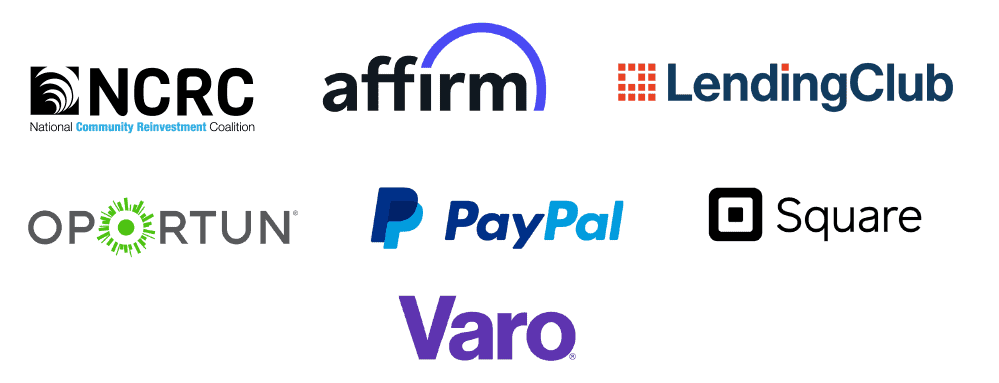A proposal by National Community Reinvestment Coalition’s Innovation Council for Financial Inclusion.
Preventing discrimination in the use of algorithms and predictive models is crucial for a fair financial system in the digital age. As a group of both consumer advocates and financial services companies, we have found a shared interest in encouraging a fair lending regulatory framework that can truly address the risk of digital discrimination, while also promoting technology and data innovation that has the potential to increase financial inclusion and lower prices for consumers. We believe the avoidance of disparate impact is the core of the solution.
We appreciate disparate impact’s statistical, outcomes-based approach to identifying discrimination. By assessing outcomes, rather than inputs, disparate impact addresses discrimination that can arise when decisions are the result of algorithms or data, rather than human intent. We also believe this outcomes-based approach establishes disparate impact as a pro-innovation framework for preventing discrimination. This is because it can accommodate advances in credit modeling, artificial intelligence, machine learning, and alternative data, which have the potential to increase financial inclusion, while at the same time holding these technologies accountable for addressing potential discriminatory impact. This combination of innovation and outcomes-based accountability will produce the most fair, inclusive, consumer friendly financial services ecosystem, and allow innovation to help address the “financial services deserts” by bringing the benefits of the financial system to those who are currently underserved.
We ask that the CFPB update its guidance on disparate impact to reinforce the Equal Credit Opportunity Act (ECOA) and Regulation B, for the digital age, in a manner that is designed to encourage a fair, innovative and more inclusive financial system. We believe the need for updated guidance is even greater as a result of HUD’s 2020 Disparate Impact Rule. HUD’s rule, currently enjoined in federal court, undermines the disparate impact framework when used under the Fair Housing Act, and if followed could become a misguided template for regulation of disparate impact under ECOA,
To encourage innovation and financial inclusion, the CFPB should provide further guidance on disparate impact under ECOA and Regulation B by:
- Specifically stating that the disparate impact framework applies to both traditional and technological underwriting techniques, including those that use artificial intelligence, machine learning, algorithms, and the use of alternative data.
- Aligning the “legitimate business need” standard to the 2013 HUD rule. We call on the CFPB to update Regulation B and its Commentary to establish that a creditor practice must meet a “substantial, legitimate, and non-discriminatory interest” that cannot reasonably be achieved through another practice that has a less discriminatory effect. This clarification is important to reduce uncertainty about what constitutes a “legitimate business need” and to minimize the risk that a lender could assert that greater profit alone is a sufficient business justification without considering the harm caused from disparate impact. We suggest the CFPB also provide examples of how lenders can demonstrate legitimate business need.
- Establishing statistical standards of “practical significance” to clarify when disparities would rise to the level of potentially constituting grounds for a disparate impact discrimination claim. This would increase accountability while providing clarity and ease of administration for responsible compliance programs. Such clarity could have the added benefit of giving lenders the freedom to further innovate their lending.
- Clarifying how lenders may deploy alternative analyses to search for less-discriminatory alternatives to a practice or data variable found to result in a disparity. Guidelines should address when and how a review for a less-discriminatory alternative is appropriate, and the extent that a guidance could include use case-specific models for defensible practices.
- Providing additional guidance on the use of the self-testing privilege to gather data on customer race, ethnicity, or gender, and the use of self-testing, including methods other than BISG.
This guidance would provide more regulatory certainty in loan product types beyond mortgage lending. With additional clarity from the Bureau, more lenders could implement robust self-testing and remediation protocols.
We believe that the above guidance will foster more effective monitoring of disparate impact in compliance with ECOA, while also providing greater access to affordable credit.



